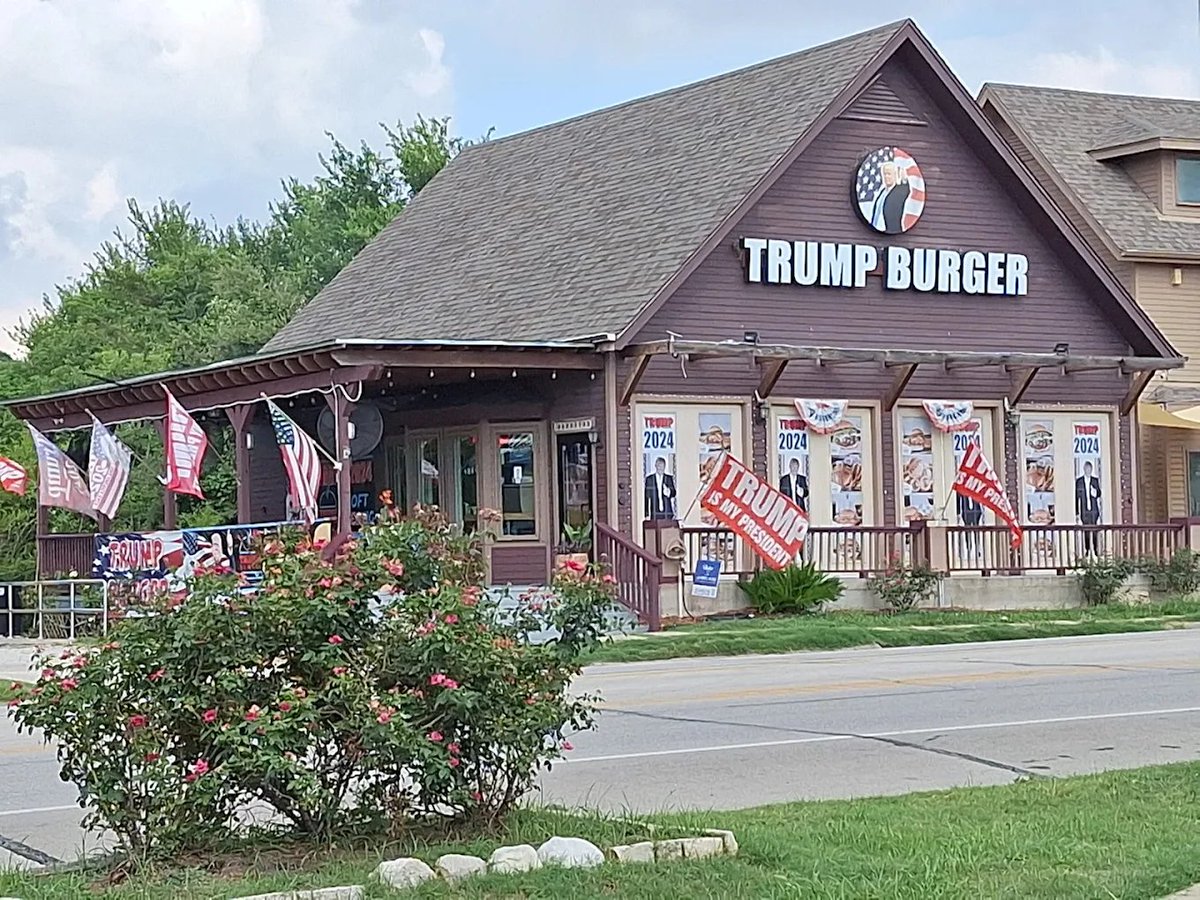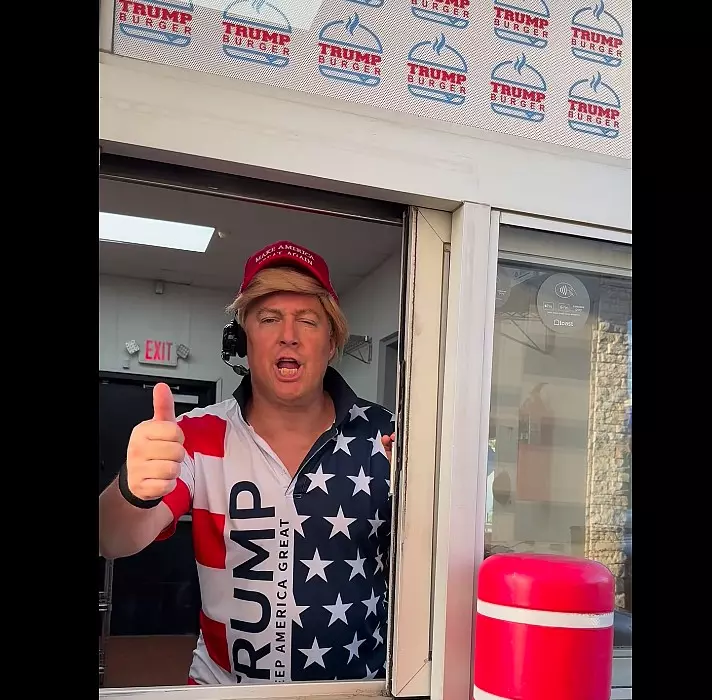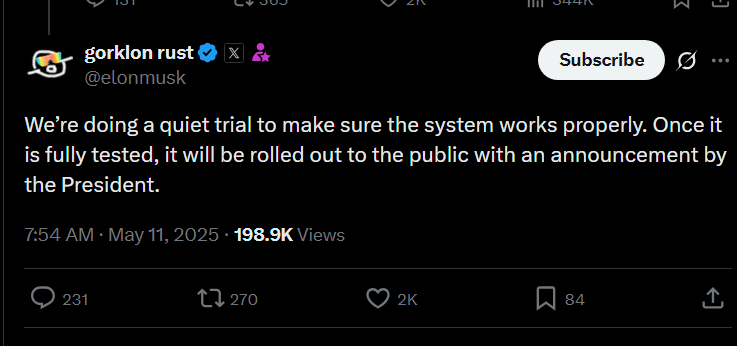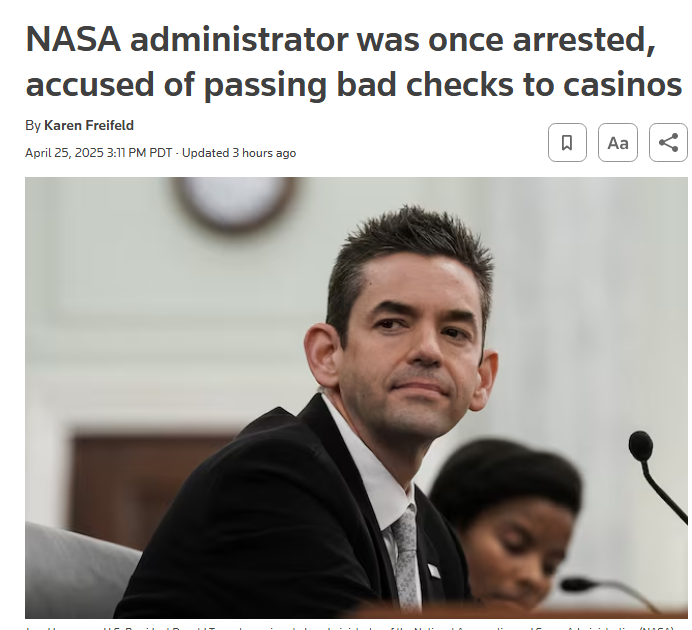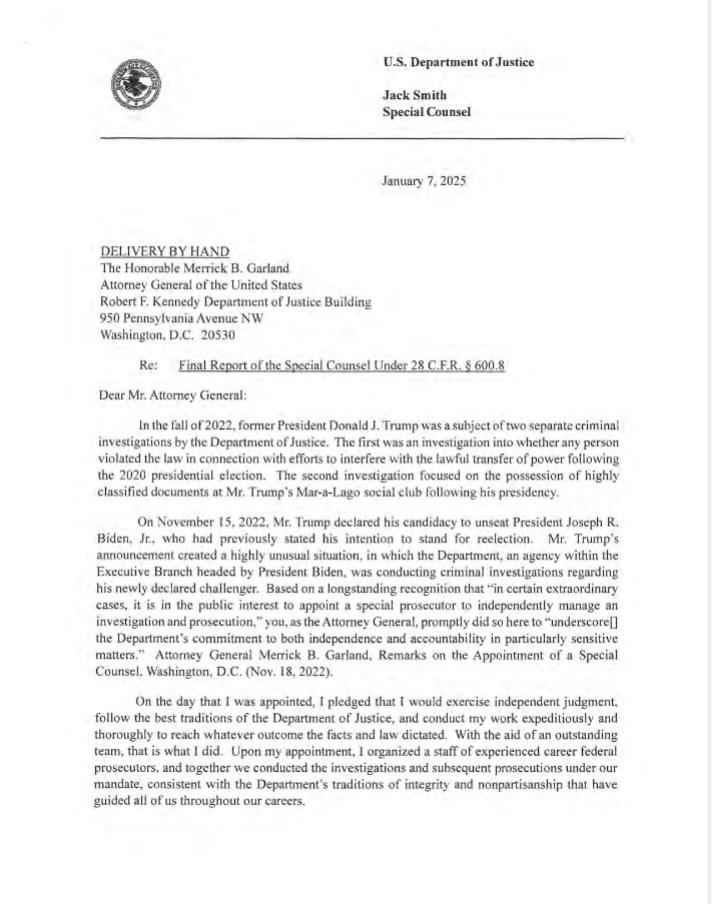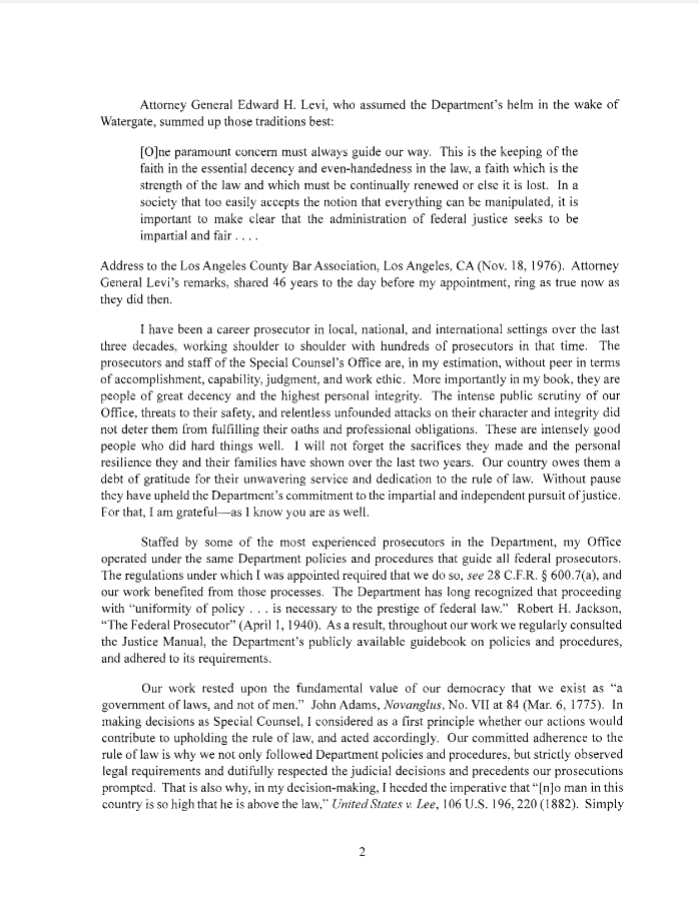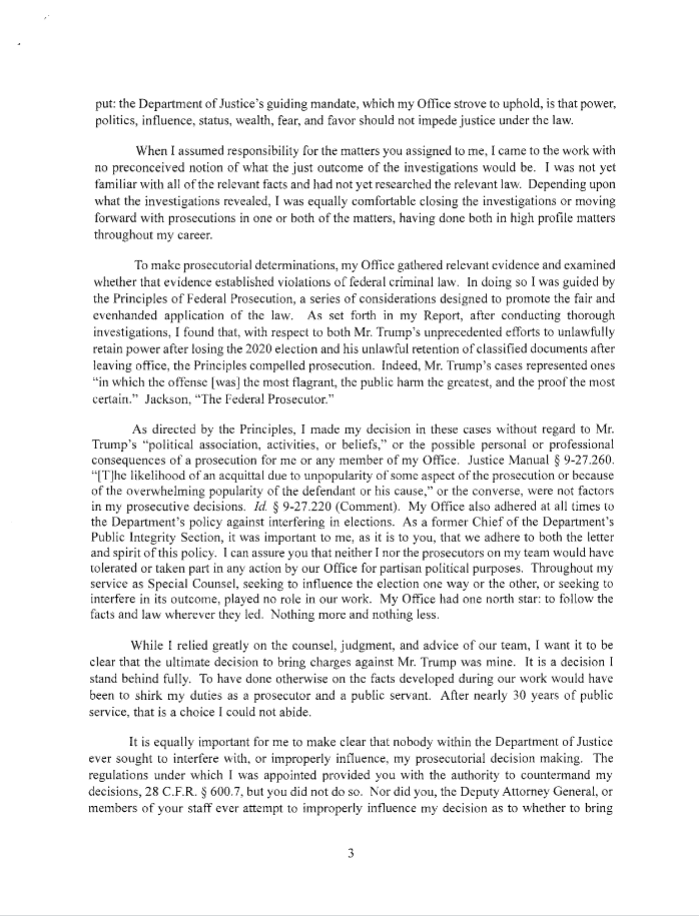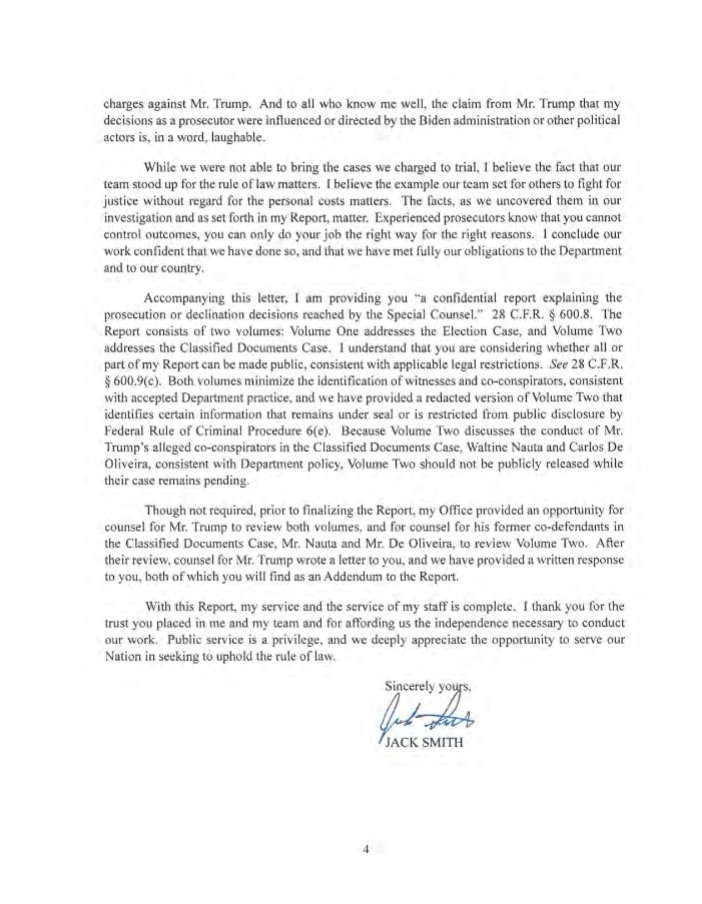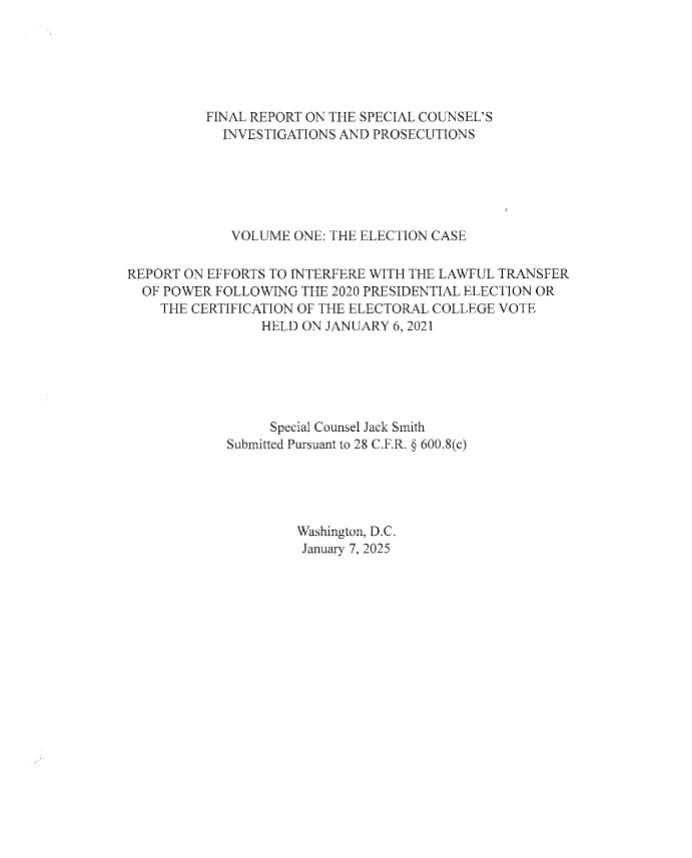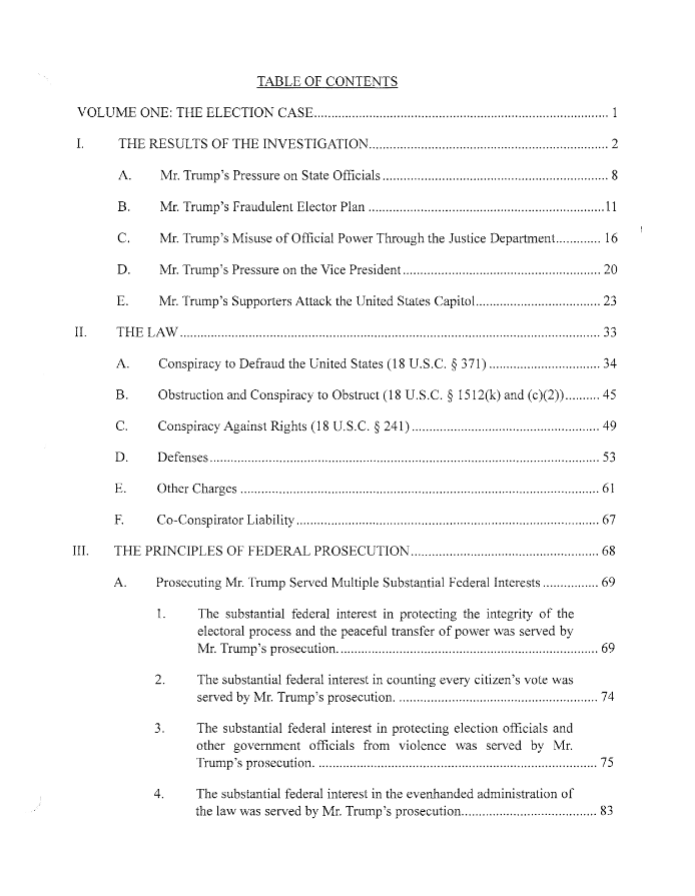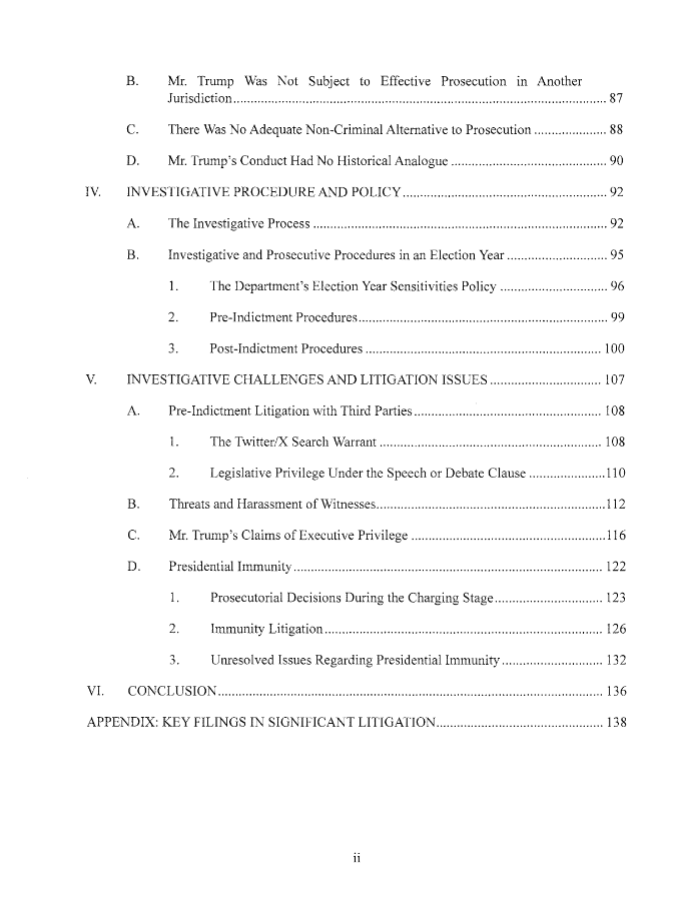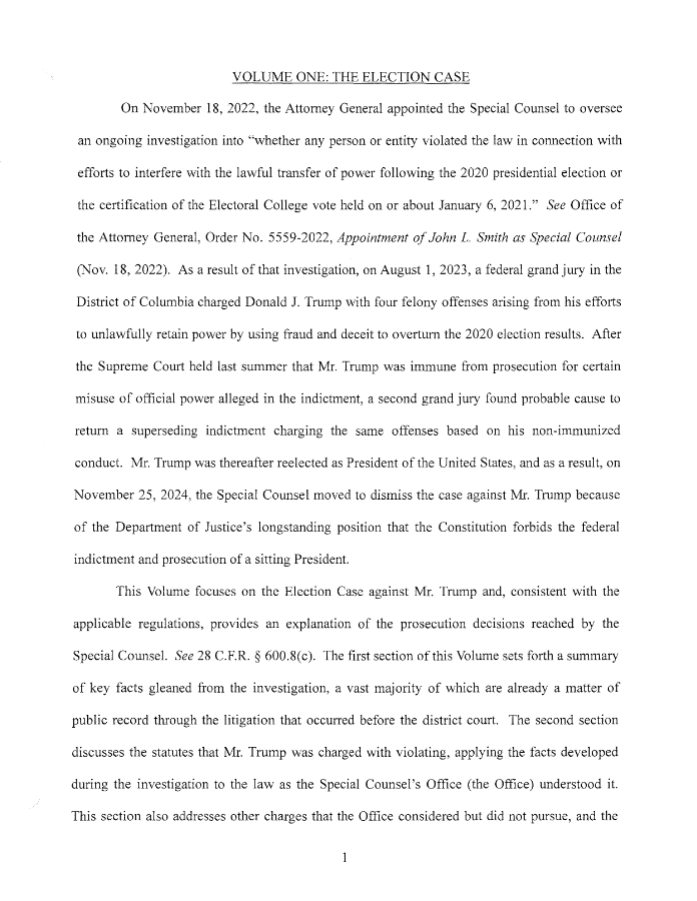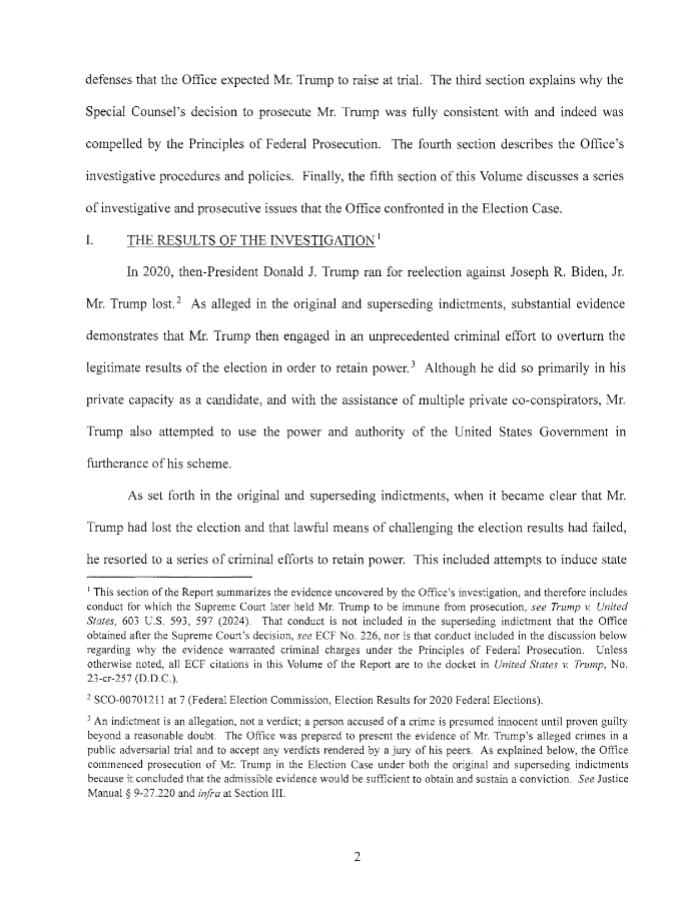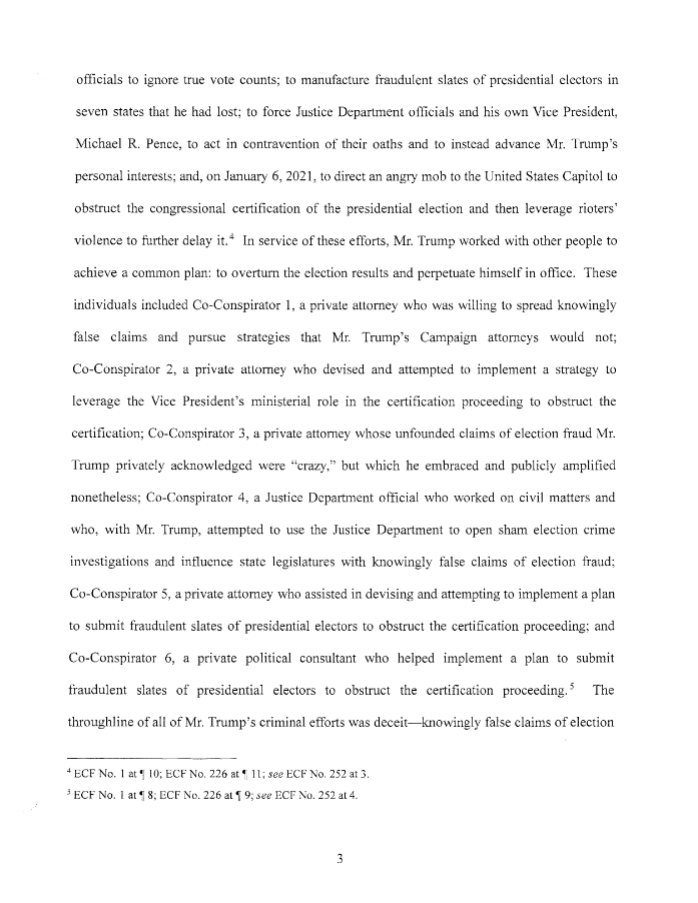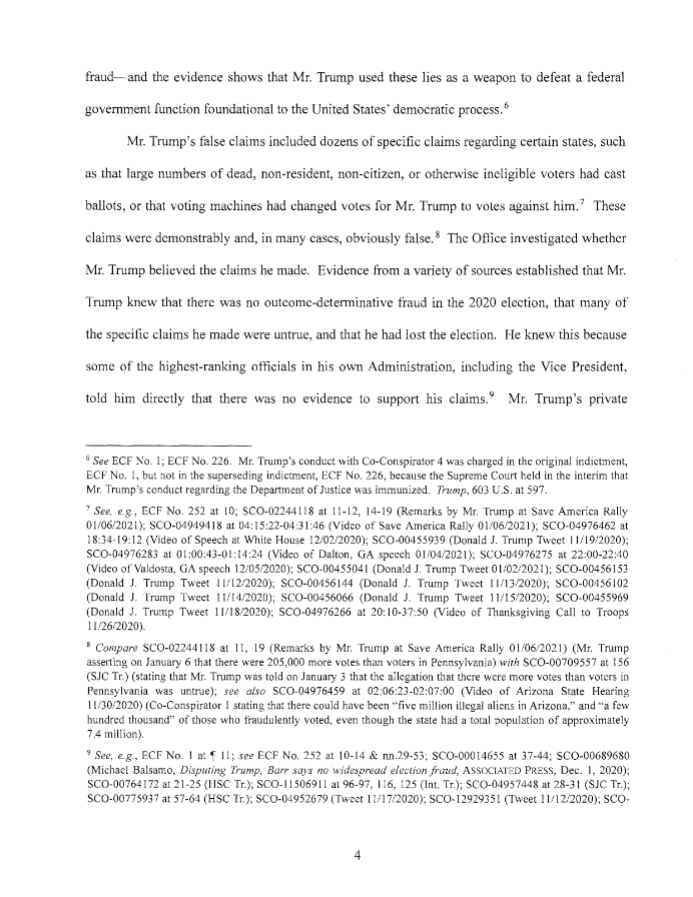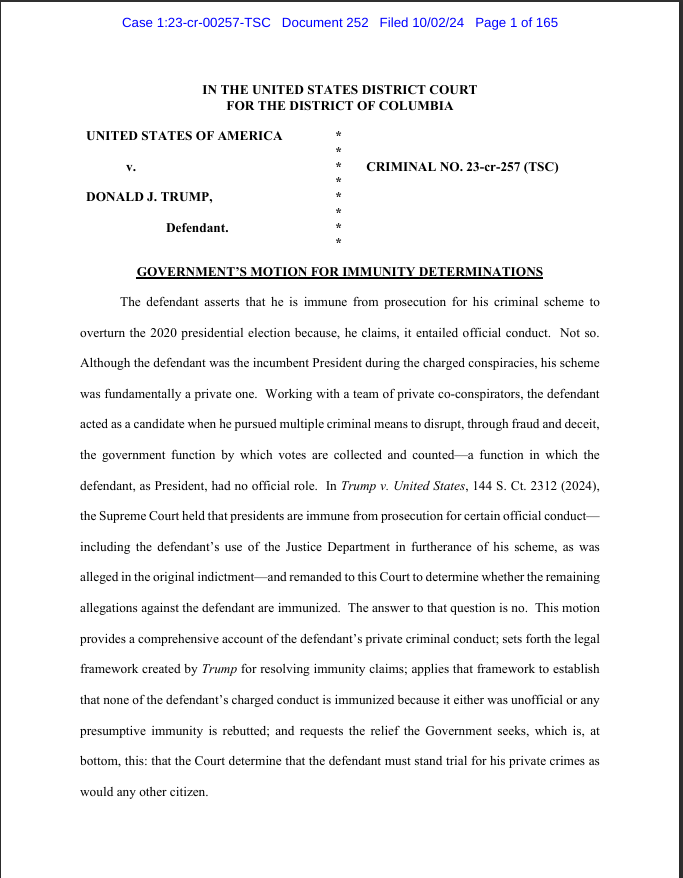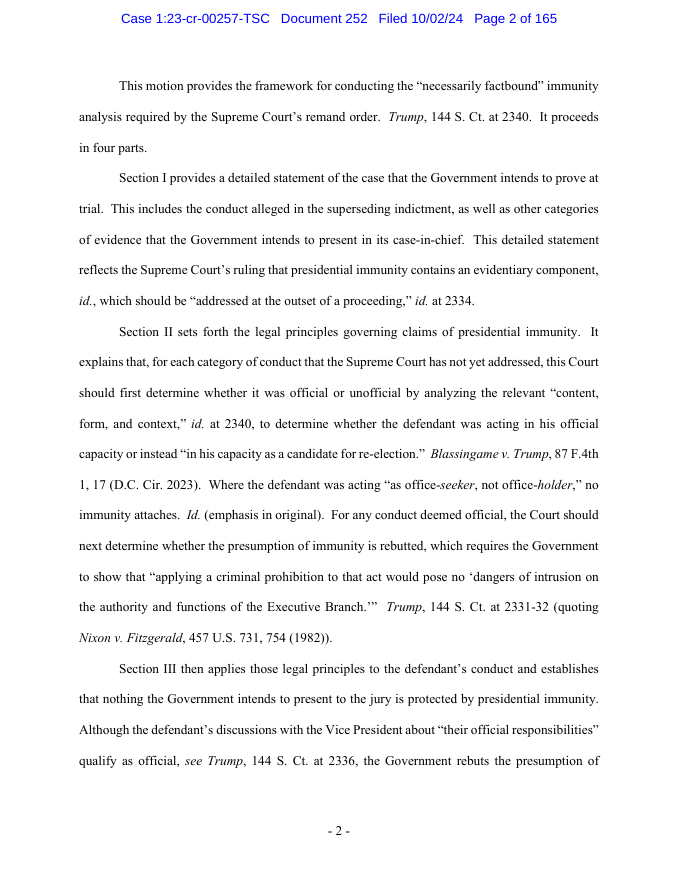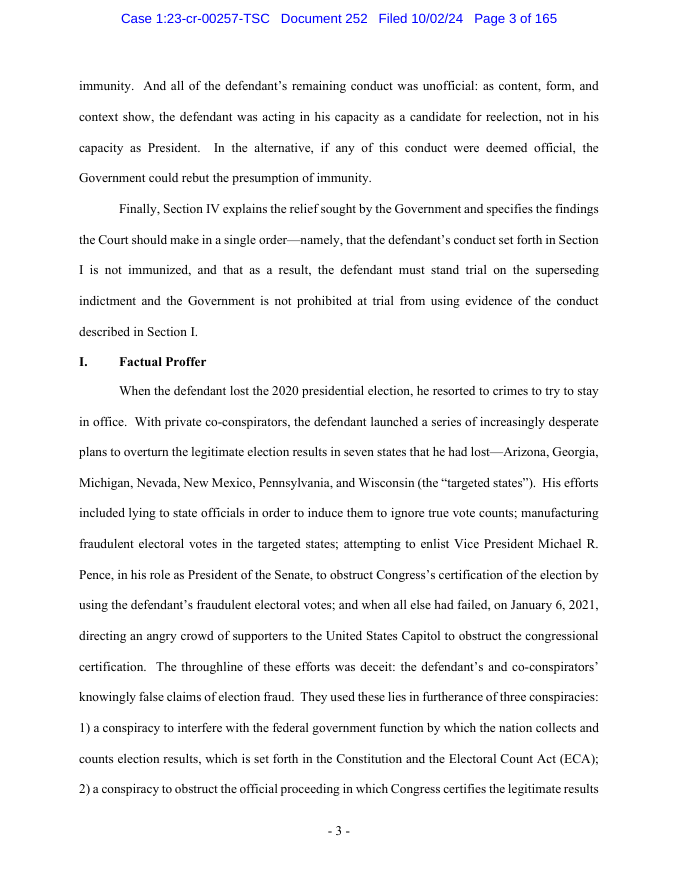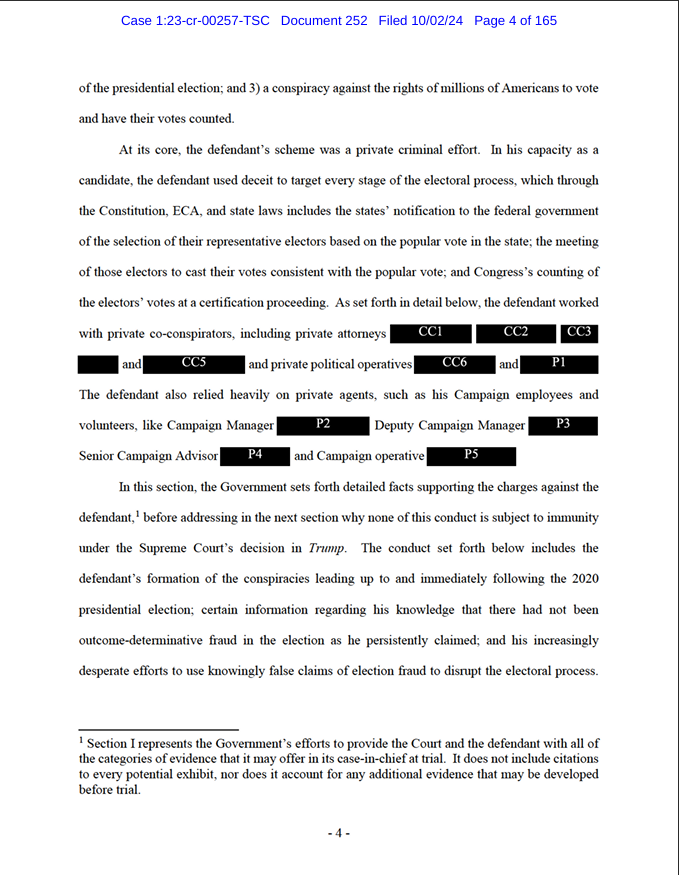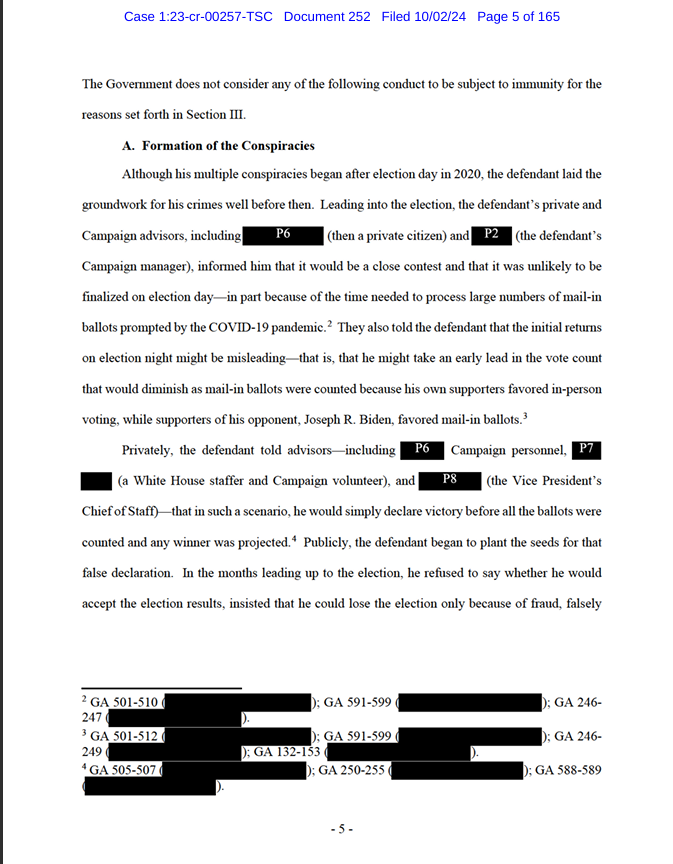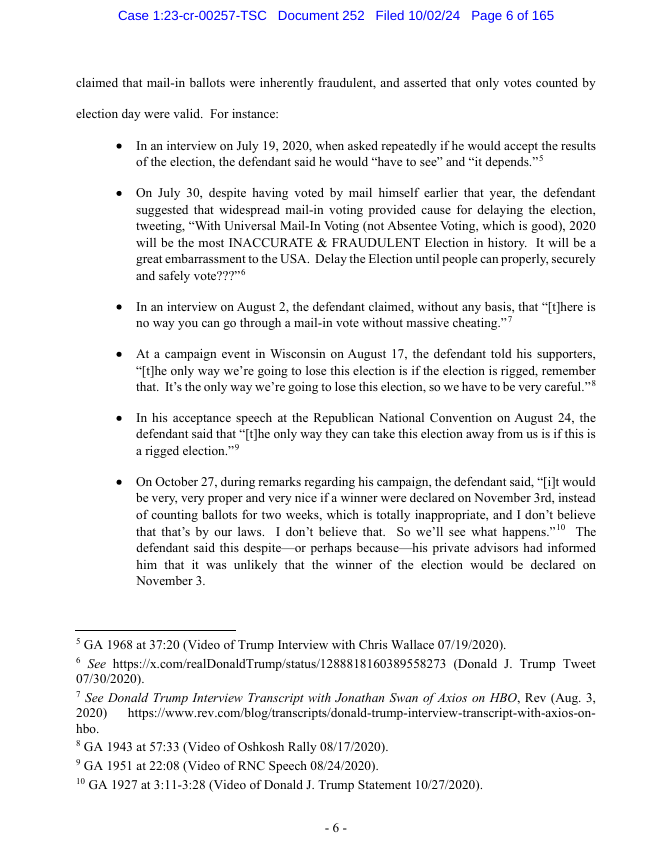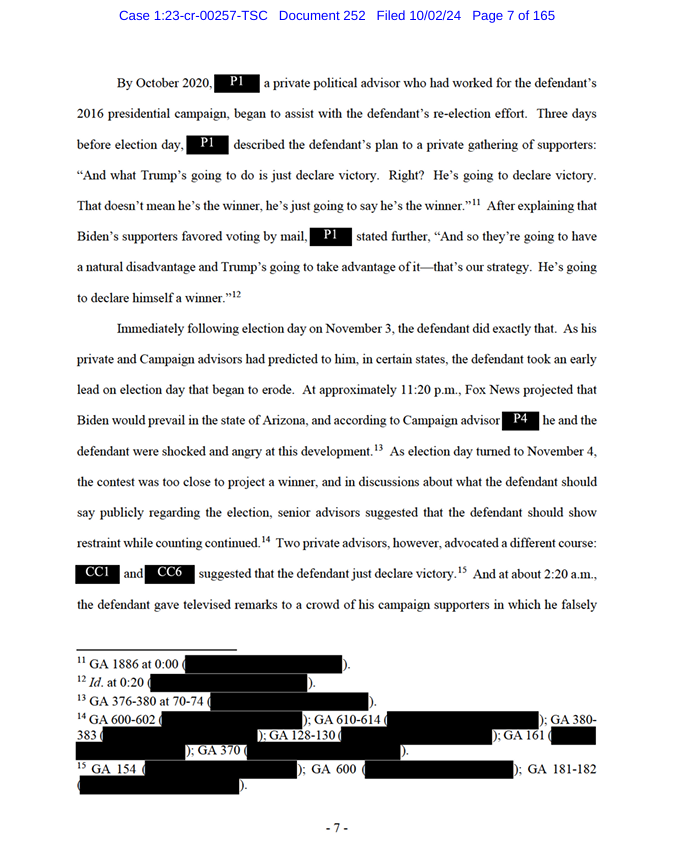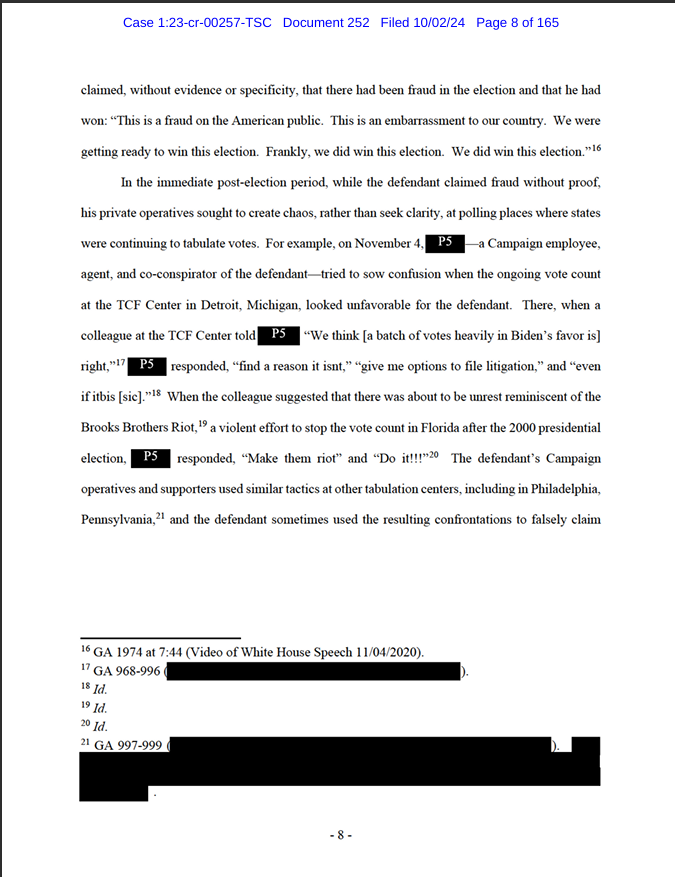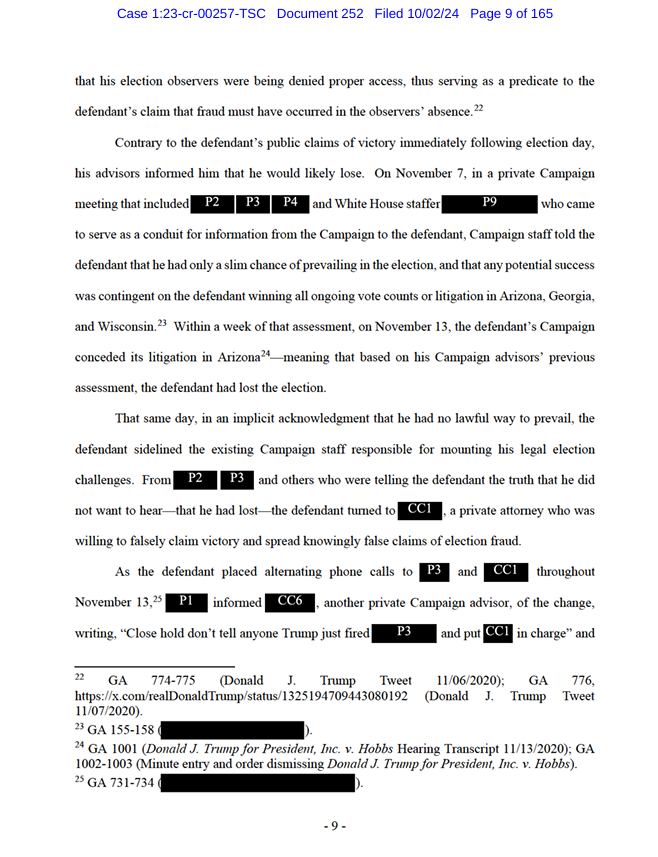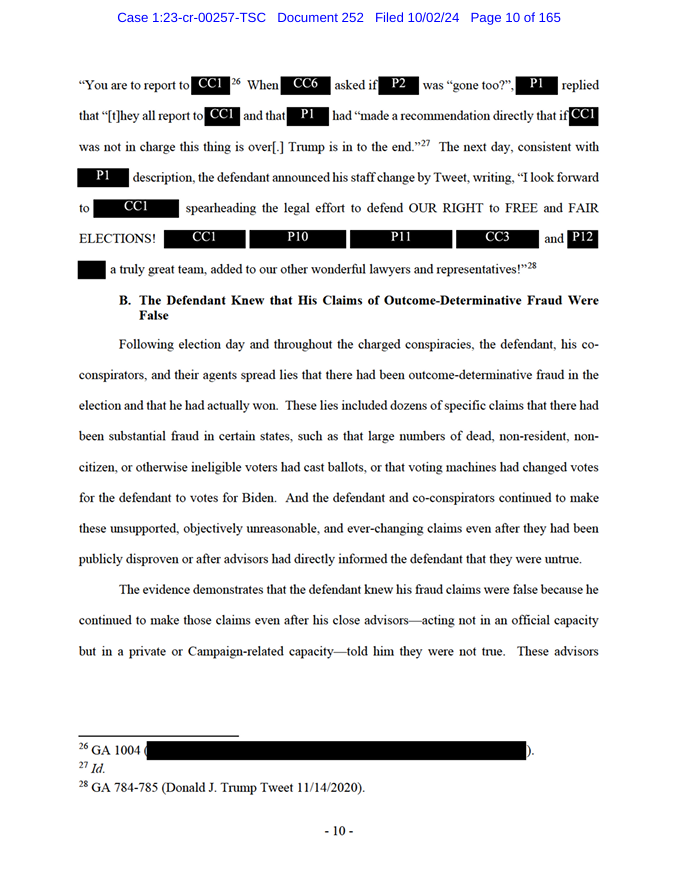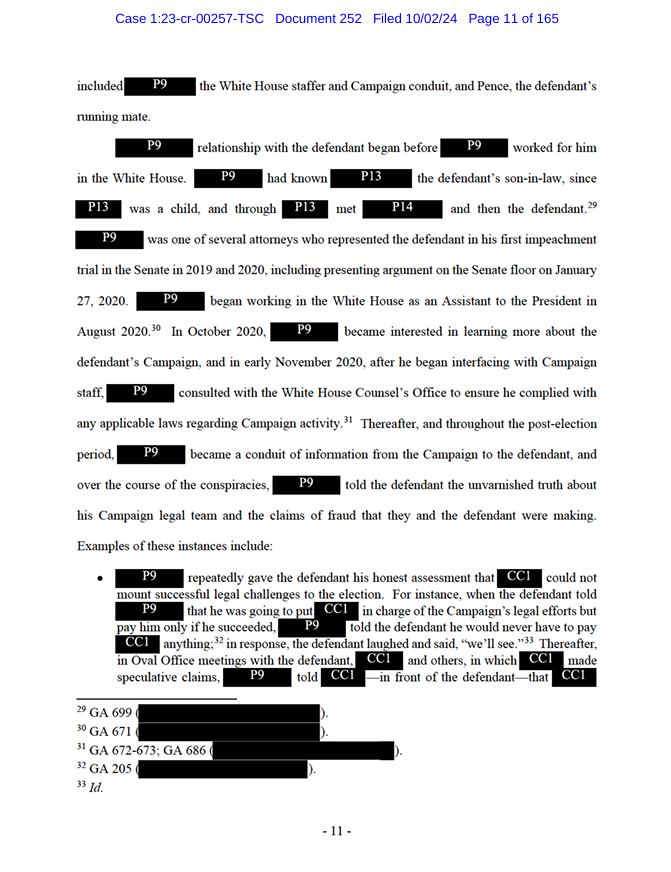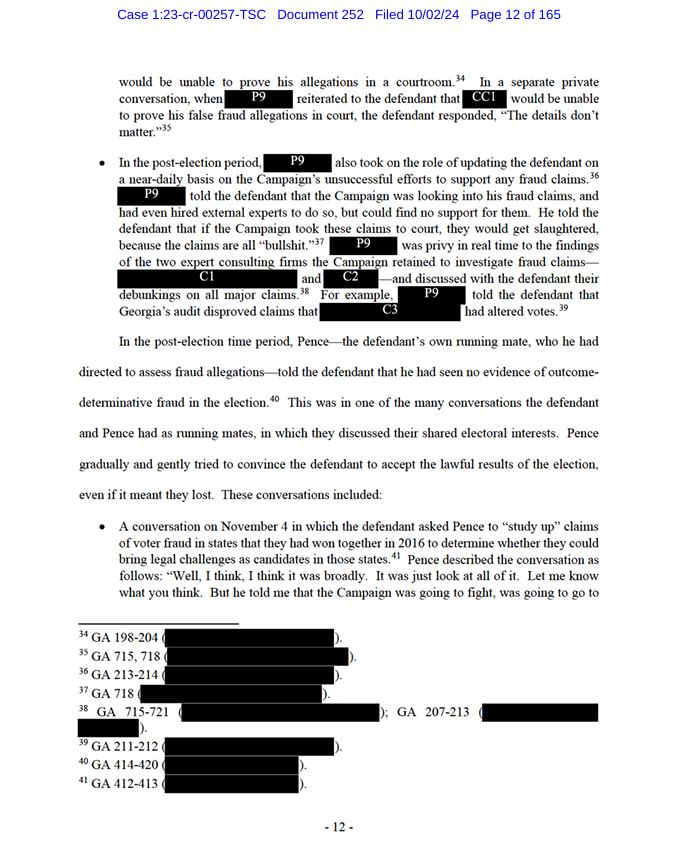🚨 New study drops a bombshell: Your IRL hangouts (tracked via co-location data) predict US voting patterns WAY better than Facebook friends or where you live! Online bubbles? Overrated. Real-life chats rule the ballot box. What do YOU think, offline networks shaping elections? 👥🗳️ #Politics #Elections #SocialScience #VotingPatterns
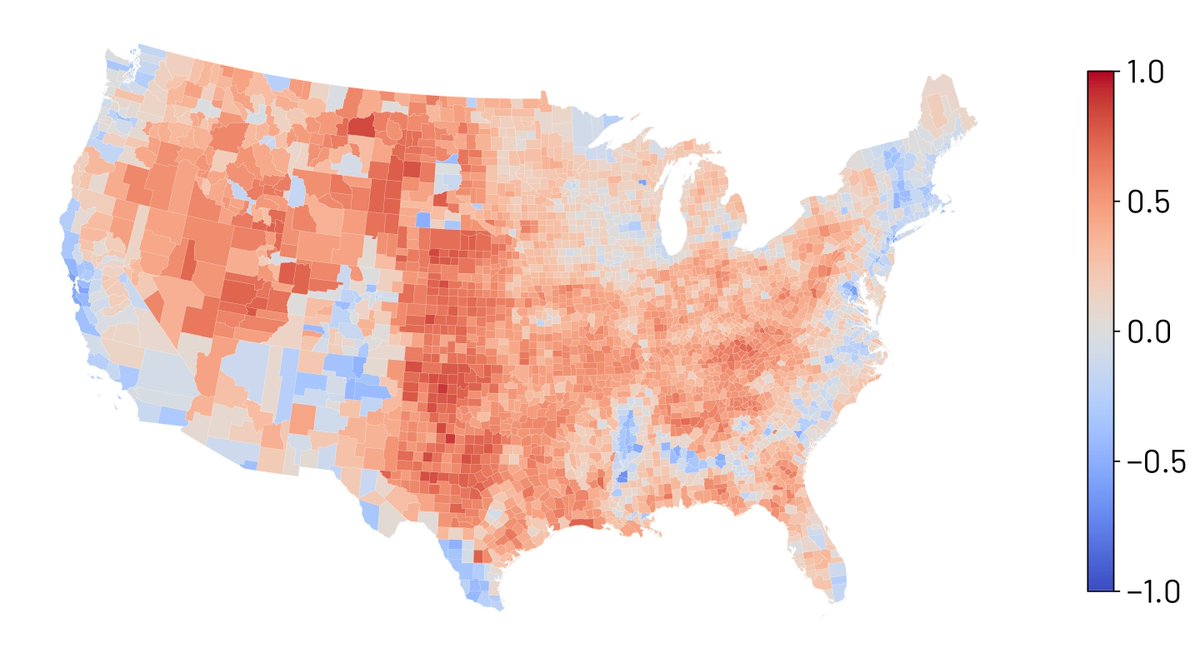
The three dimensions are considered to estimate partisan exposure. a) A co-location event between two randomly selected individuals from counties i and j is defined as being co-located in the same place for at least 5 min, while the Social Connectedness Index accounts for the number of friendships on Facebook between individuals from i and j. Residential proximity considers the nearest 1,000 individuals who registered to vote. b and c) Co-location probabilities and relative probabilities of friendship on Facebook, respectively, between Jackson County, MO, and all the others. d) Distributions of partisan exposure by county, including metro and nonmetro areas. Note: distributions are not population-weighted.
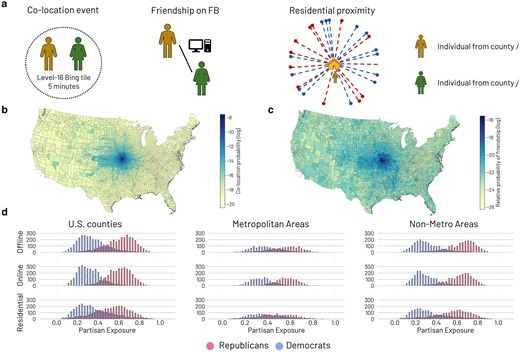
Partisan segregation across demographic and socioeconomic factors for each dimension. Maps and population-weighted distributions of the partisan segregation as captured by the Colocation Maps a), SCI b), and at the residential level c). The solid line represents the weighted average, while the dashed line indicates balanced social mixing (0). For each dimension, the SHAP values distributions, computed from the GB regressions, highlight how the demographic and socioeconomic characteristics of the counties impact partisan segregation. Predictors are ordered by their impact on the final prediction, with points colored red for high and green for low values.
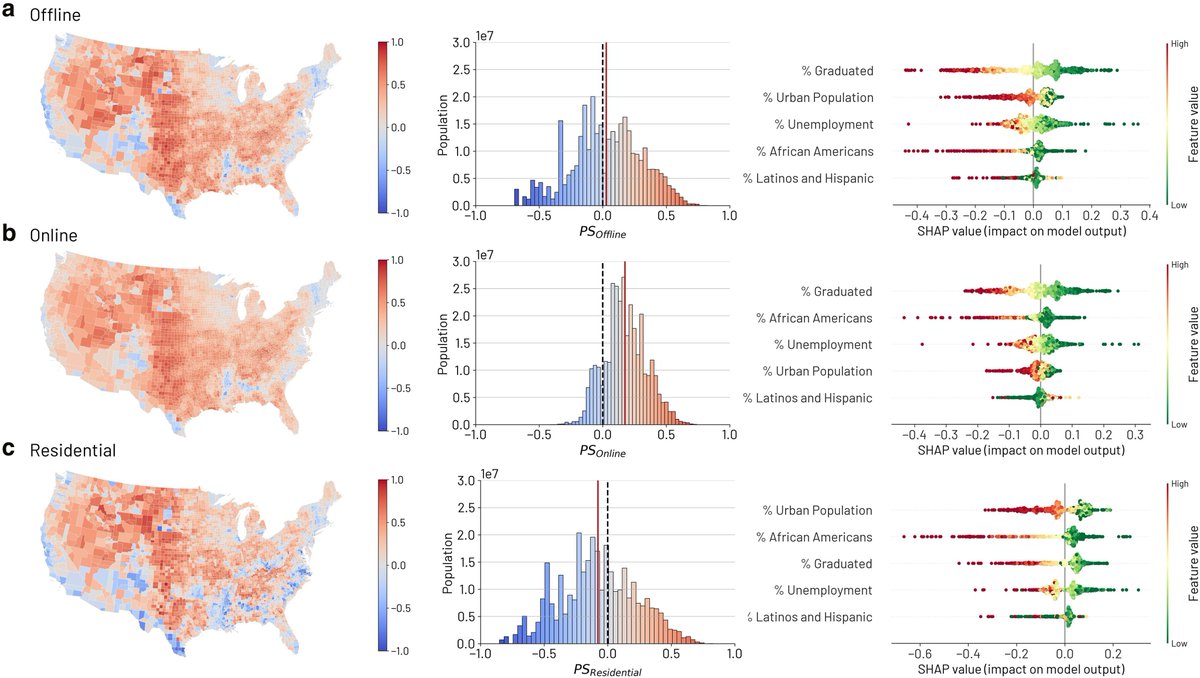
Relative contribution of the three dimensions of partisan exposure on voting patterns. Physical partisan exposure outweighs online and residential exposure, considering all the counties in the contiguous United States in both spatial models a) with () and dominance analysis d) which considers demographic and socioeconomic controls. The result is consistent in both metropolitan b and e) and nonmetro areas c and f), employing both OLS models () and dominance analysis.
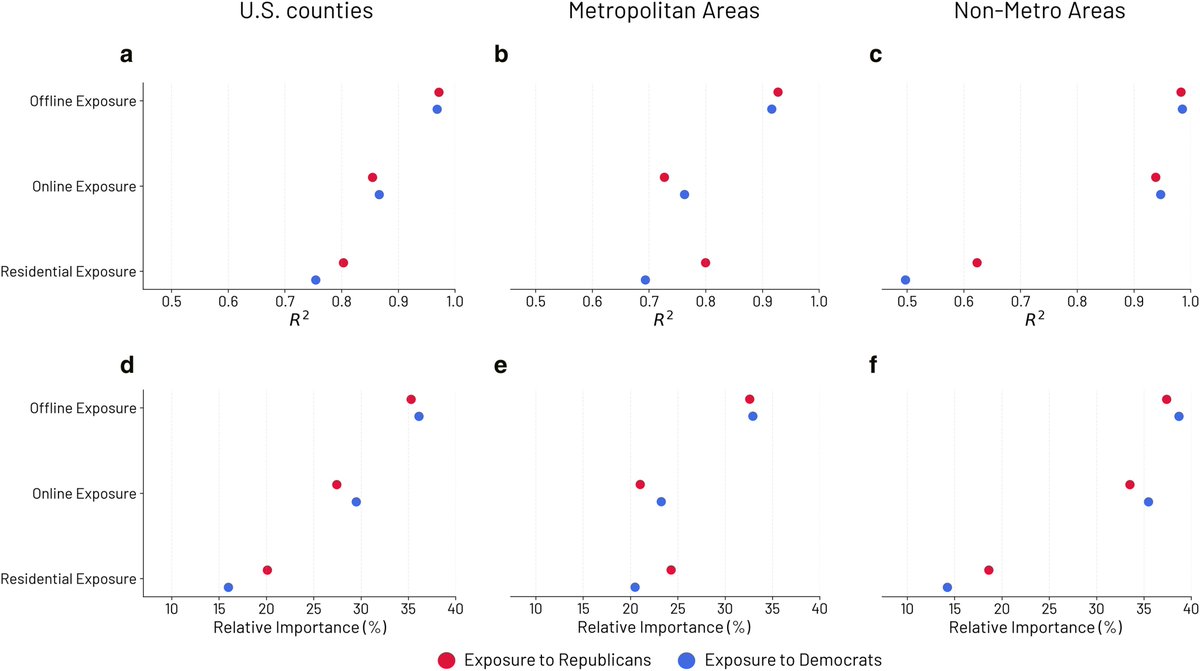
Average marginal effects of partisan exposure (online and offline) on vote choice. Offline partisan exposure has a stronger average marginal effect on vote choice than online partisan exposure, both in terms of exposure to Democrats (a) and Republicans (b). Logit models control for respondents’ age, ethnicity, educational attainment, and place of residence (metro or nonmetro area). The dependent variable is binary, with 0 for voting Democrat and 1 for voting Republican.
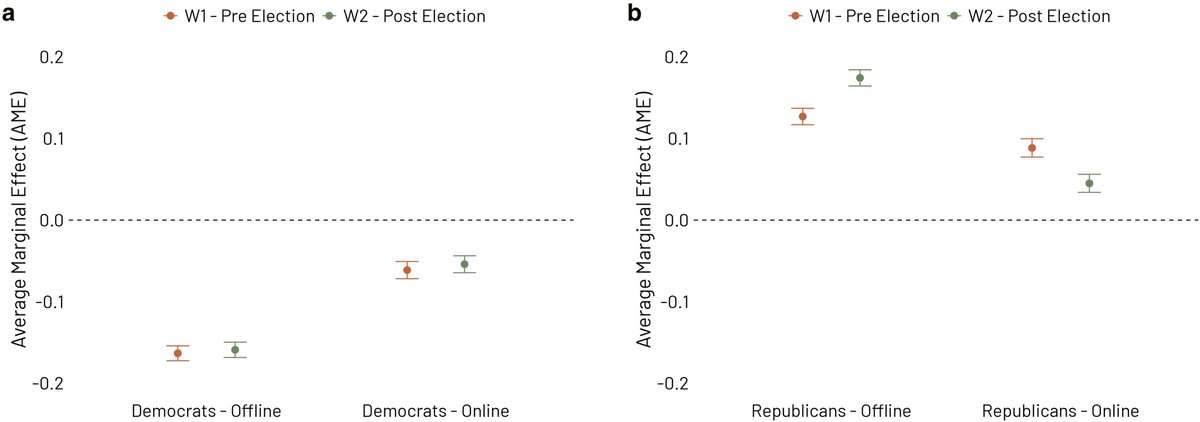
The study underscores the centrality of physical space in understanding human and political behavior, with potential implications for affective and voting polarization driven by partisan segregation. Despite challenges related to data limitations and privacy concerns, future studies on political polarization, social networks, and partisan segregation, and their impact on political outcomes, should not overlook the importance of real-world interactions in physical space.
A link to the study. ⤵️
Physical partisan proximity outweighs online ties in predicting US voting outcomes | PNAS Nexus | Oxford Academic
academic.oup.com/pnasnexus/arti…
Physical partisan proximity outweighs online ties in predicting US voting outcomes | PNAS Nexus | Oxford Academic
academic.oup.com/pnasnexus/arti…
• • •
Missing some Tweet in this thread? You can try to
force a refresh


